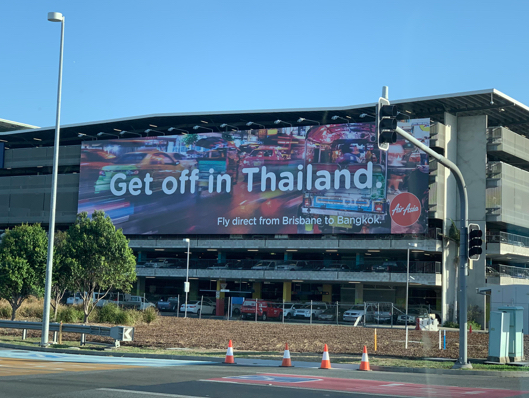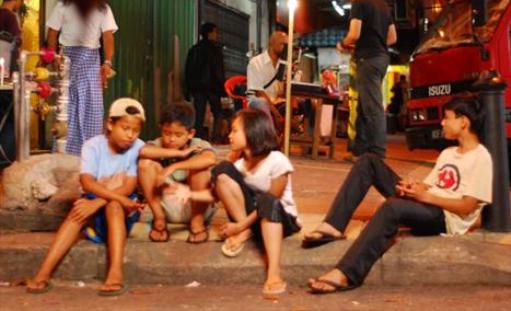“People died every day”: 5 Important Takeaways from the Investigation of the Wang Kelian Mass Graves
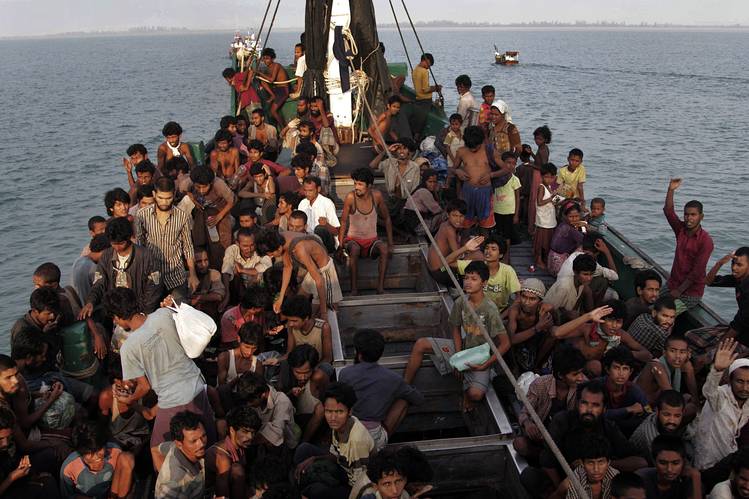 Thirsty for JUICE content? Quench your cravings on our Instagram, TikTok and WhatsApp
Thirsty for JUICE content? Quench your cravings on our Instagram, TikTok and WhatsApp
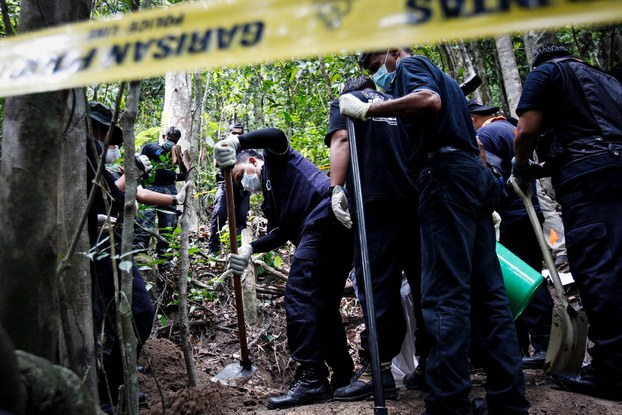
It has been almost four years after the grisly discovery of the Wang Kelian mass graves of Rohingya and Bangladeshis corpses believed to be victims of human trafficking. While many netizens were shocked by this horror, just as many were left in confusion.
In 2015, Malaysian courts convicted only four non-Malaysian persons of trafficking-related offences connected to the mass graves that were found. But, in that span of time, authorities in our country have not prosecuted any Malaysians for the deaths, according to a new report by rights groups.
The Human Rights Commission of Malaysia (SUHAKAM) and legal activist group Fortify Rights released a joint 121-page report of the whole case titled, ‘Sold Like Fish‘. It was based on a multi-year investigation and more than 270 interviews with eyewitnesses, survivors, human traffickers, government officials, and others from 2013 to 2019.
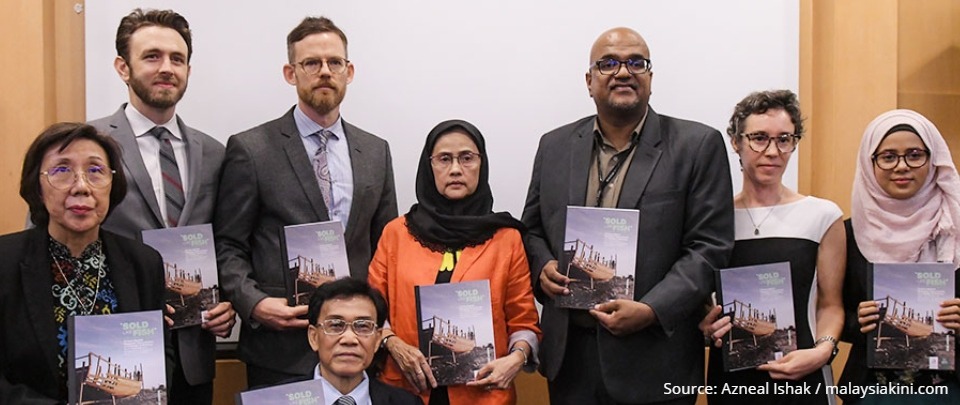
It documents the crimes of human traffickers against Rohingya refugee women, men, and children at sea and in human-trafficking camps in Malaysia and Thailand.
“The victims of these crimes and their families suffered tremendously, and these horrific crimes should never happen again in Malaysia and anywhere else for that matter,” said SUHAKAM Commissioner Jerald Joseph.
“This report provides new evidence that we hope will help ensure justice for victims, accountability for perpetrators, and policy changes to strengthen the Malaysian and regional response to human trafficking,” he continued.
So to make it a bit easier to digest, here are some things that you need to know from the report, ‘Sold Like Fish’:
1. The group questioned why Malaysian authorities destroyed the human-trafficking campsite
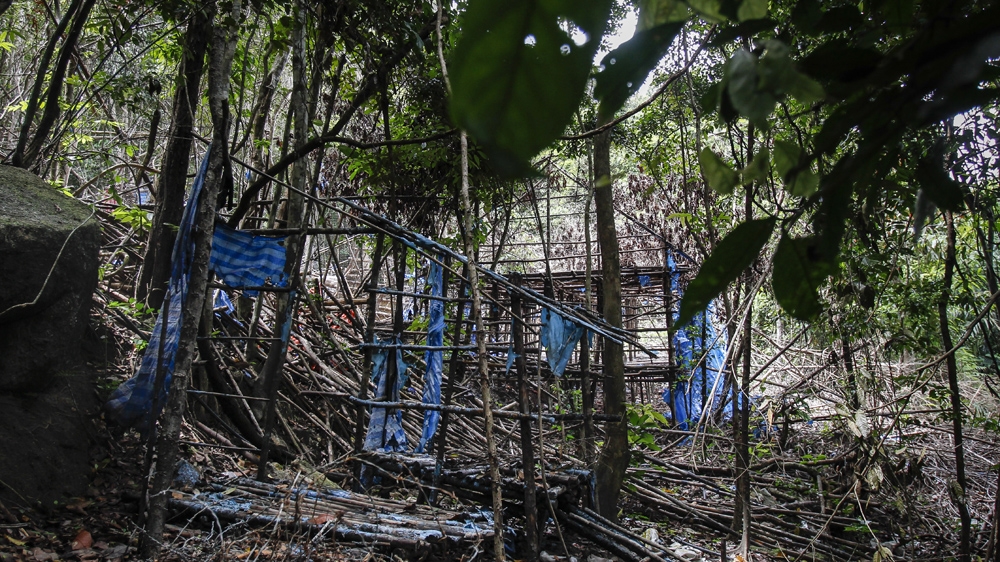
In the report, the campsite that was found in the northern state of Perlis was destroyed by Malaysian authorities the day after it was discovered. They also stated that Malaysian authorities ordered a forensic team to exhume bodies in May 2015, more than four months after that. This potentially diminishing evidence that could have aided a police investigation.
A forensic pathologist stated that investigators could determine the cause of death for only three of 150 bodies examined. These and other factors may constitute obstruction of justice, said SUHAKAM and Fortify Rights.
And according to Benar News, Malaysia’s Home Ministry office, former Police Inspector-General Khalid Abu Bakar and the Royal Malaysian Police did not respond to them on requests for comment.
2. A criminal syndicate deceived the Rohingyas
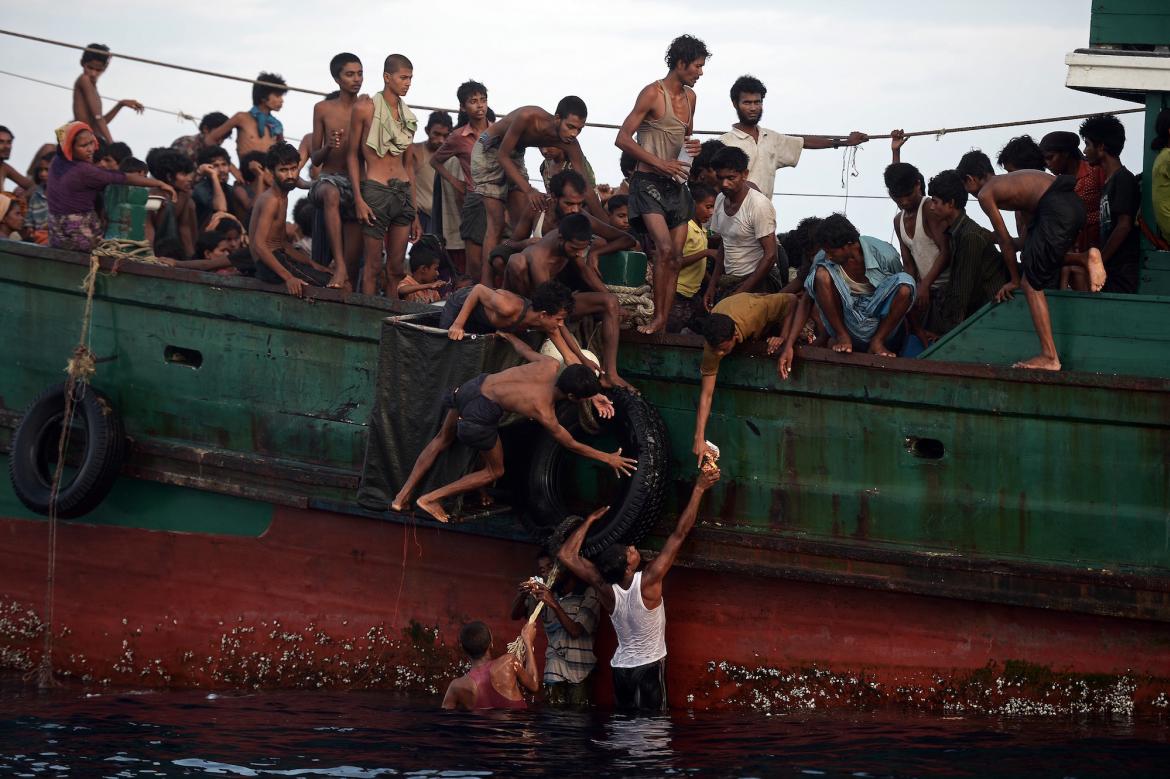
From 2012 to 2015, more than 170,000 people boarded ships from Myanmar and Bangladesh bound for Malaysia and Thailand. The majority of people trafficked during this period were Rohingya Muslims, however, in late 2014 and 2015, traffickers began to target Bangladeshi nationals as well.
A group of individuals or organisations working together for common criminal-interests—deceived Rohingya refugees to board ships bound for Thailand and Malaysia and then abused them. At first, these traffickers promised the refugees that they were being “rescued” and they were to start a new life over at Thailand or Malaysia.
Then, traffickers piled hundreds and thousands of Rohingya refugees into repurposed fishing vessels and deprived them of adequate food, water, and space, committing torture and, in some cases, rape at sea. Traffickers murdered captives, and many died by suicide at sea.
3. The mass-grave discovery in Thailand led to a crackdown on human trafficking by the military government
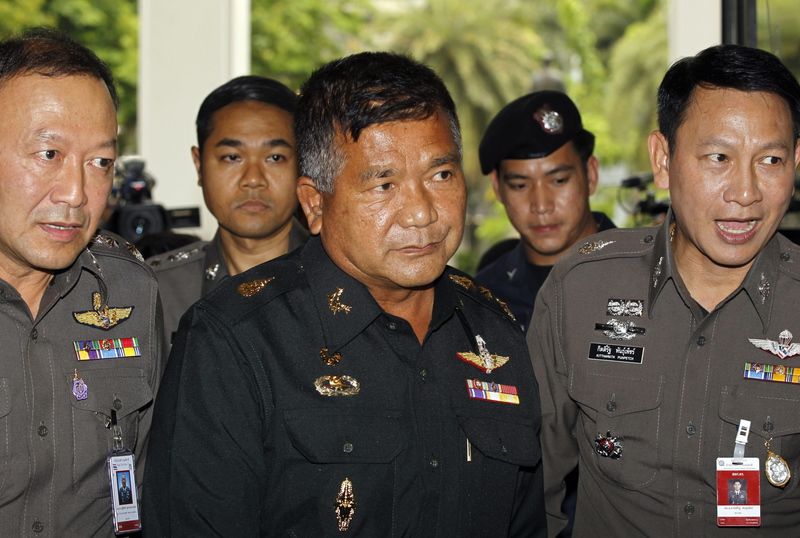
The discovery of similar camps and mass graves in Thailand led to a crackdown on human trafficking by the military government, as well as the arrests, prosecution of 102 suspected members of a transnational human smuggling ring. A three-star Thai general was among 62 who were convicted on trafficking-related crimes.
“Despite some measure of justice served through Thailand’s mass human-trafficking trial, many who were reportedly involved in the trafficking of Rohingya and Bangladeshis remain free or at large in the region and protections for survivors of human trafficking remain limited,” the report said.
Fortify Rights Chief Executive Officer Matthew Smith said human trafficking was allowed to continue because traffickers in many cases did not face meaningful legal consequences.
Meanwhile, back in Malaysia, 12 police officers were arrested shortly after the news of the camps went public. But, skip a few years to 2017, then-Home Minister Ahmad Zahid Hamidi told reporters that the police were released from custody because of a lack of evidence.
4. The trade in Rohingya from 2012 to 2015 is estimated to have generated between RM174.5 million to RM349 million annually
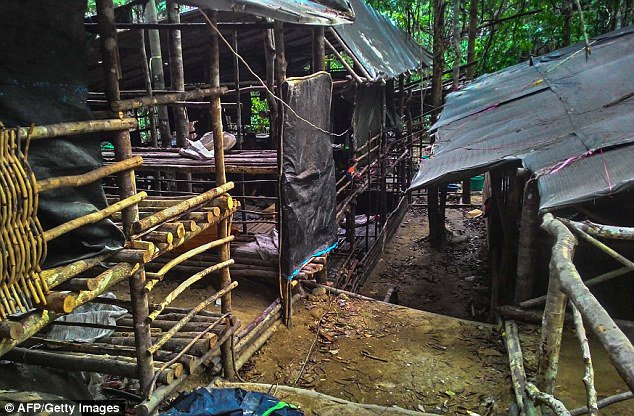
Members of the syndicate held victims in conditions of enslavement in remote camps along the Malaysia-Thailand border (including in Wang Kelian), while demanding upwards of RM6,800 for their release. Traffickers denied their captives access to adequate food, water, and space, resulting in deaths, illness, and injury, including paralysis, particularly of those unable to pay money.
“When I was unable to pay the money to the men, they poured boiling water on my head and body,” said “Rahim Ullah” – a Rohingya Muslim who was 16-years old when traffickers tortured him in a camp on the Malaysia-Thailand border in 2014.
5. “People died everyday,” said a survivor
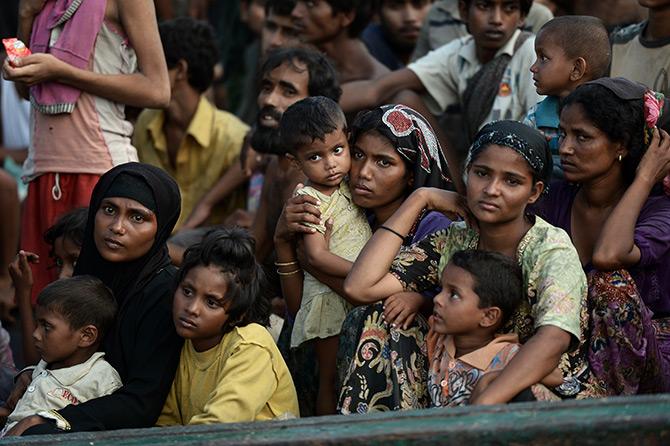
Traffickers from Myanmar, Thailand, and Malaysia tortured Rohingya captives with pipes, bats, clubs, belts, wires, tasers, nails, threats and intimidation, and other means. The report also documents how perpetrators murdered or caused the death of captives and buried bodies in mass graves and, in some cases, forced captives to bury bodies.
“People died every day. Some days more, some days less, but people died every day,” said “Noor Begum”, a 20-year-old Rohingya woman who survived the human-trafficking camp.
Traffickers also systematically sold untold numbers of Rohingya women and girls into forced marriages and situations of domestic servitude in Malaysia.
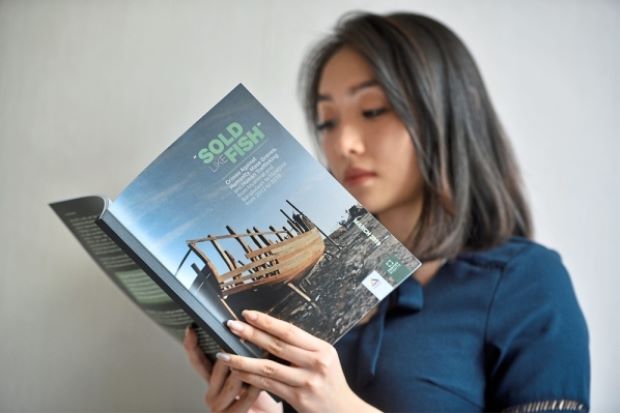
‘Sold Like Fish’ came just weeks after the Malaysian government appointed a commission to examine the Wang Kelian camps. The Royal Commission of Inquiry (RCI), launched on March 5, has a six-month deadline to investigate the camps through inquiries of relevant investigators, witnesses, and individuals.
Where possible, SUHAKAM and Fortify Rights recommend the Royal Commission of Inquiry identify those believed to be responsible for these crimes and to seek criminal prosecutions in Malaysia as well as individual accountability measures beyond criminal prosecutions.
Malaysia should hold to account all those responsible for committing crimes against humanity through fair and impartial trials conducted in line with international human rights law, the organisations said.
You can read the full ‘Sold Like Fish’ report, by clicking, here.
For more news, click here.


 Get Audio+
Get Audio+ Hot FM
Hot FM Kool 101
Kool 101 Eight FM
Eight FM Fly FM
Fly FM Molek FM
Molek FM